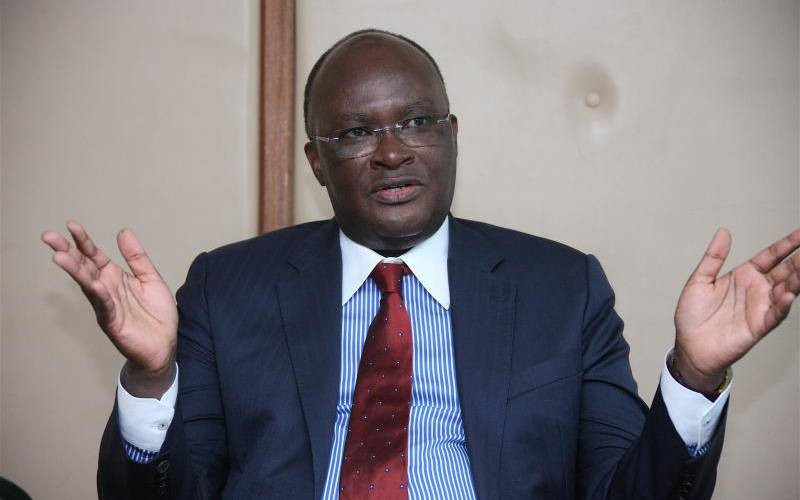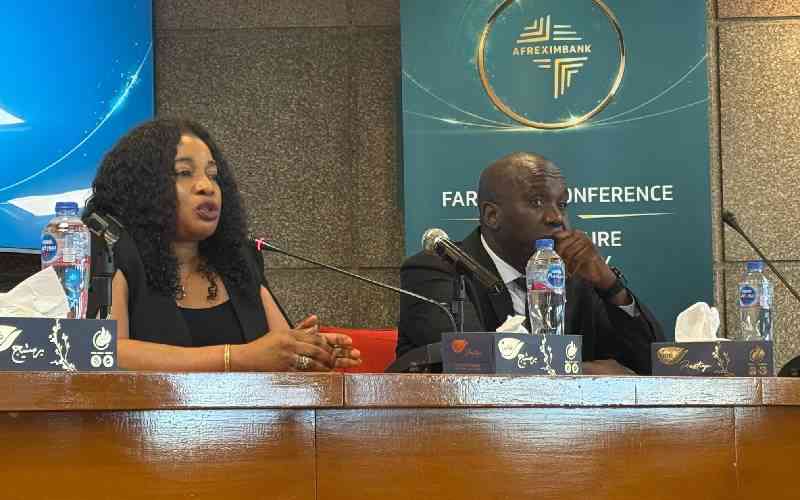
Kirinyaga Woman Representative Njeri Maina has hinted at a plot to block the implementation of more sections of the controversial Computer Misuse and Cybercrimes (Amendment) Act, 2024.
This comes after the High Court in Nairobi issued orders halting the implementation of sections 27(1)(b), 27(1)(c), and 27(2) of the new law pending hearing of a petition filed by activist Reuben Kigame and the Kenya Human Rights Commission (KHRC).
Speaking on Spice FM on Thursday, Maina said the orders given on Wednesday did not cover other contentious sections that some Kenyans find unsettling, adding that lawyers will seek the court’s intervention to set them aside.
“The court order is only in regard to section 27. It does not cover clause 3 or section 6. I’m certain that there are lawyers working on a petition in regard to that clause,” Njeri said.
The lawmaker insisted that the new law, despite some good intentions, bears hallmarks of an attempt to gag government critics by handing over enormous powers to the National Computer and Cybercrime Coordination Committee (NC4) without adequate judicial oversight.
NC4 is a powerful body that coordinates Kenya’s response to cyber threats and reports to the National Security Council (NSC) chaired by President William Ruto. It comprises the Interior PS (Chairperson), PS ICT, the Attorney General, and the Chief of Defense Forces.
Other members include the Director General of the National Intelligence Service, the Inspector General of Police, the Director of Public Prosecutions, and the Director General of the Communications Authority.
Njeri warns that their enhanced powers may be abused if the legislation is not redrafted to cure the ‘vagueness’ that broadens acts that could be considered criminal under the law.
“What is criminal? Saying ‘wantam’ can be declared unlawful. Governments cannot be given that power without supervision,” she said.
“This Act seeks to make it easier to infringe on anonymity, right to privacy, and wants to circumvent ethical hacking…There is even a provision for the government to seek extradition for those seeking asylum abroad to be tried locally,” she further claimed.
Internal security Principal Secretary Raymond Omollo, who chairs the NC4, has denied claims that the body, which reports to the National Security Council (NSC), has sweeping powers, including to shut down websites and applications without court orders.
“Much of what is currently circulating online about The Computer Misuse and Cybercrimes (Amendment) Act, 2024 is misleading or entirely inaccurate,” he stated.
According to the government, the law, which was to come into force next month, was a much-needed update to the 2018 Cybercrimes Act, which doesn’t address emerging digital challenges due to technological advancements.
He added that the law presents an antidote to digital fraud, cyber harassment, terrorism, cultism, pornography, and child exploitation.
Stay informed. Subscribe to our newsletter
Additionally, PS Omollo said that the NC4 has no authority to shut down websites and applications and that those targeted will only be ones promoting outlawed activities such as publishing sex content involving minors, terrorism, or religious extremism.
Another contentious provision of the law is hefty fines of between Sh300,000 and Sh20 million for offenders.
One can also be sentenced to imprisonment for six months to 10 years, or be awarded both punishments.







